December 21 stands as one of history’s most eventful days, witnessing the rise and fall of empires, groundbreaking discoveries, and moments that shaped our modern world across centuries of human achievement.
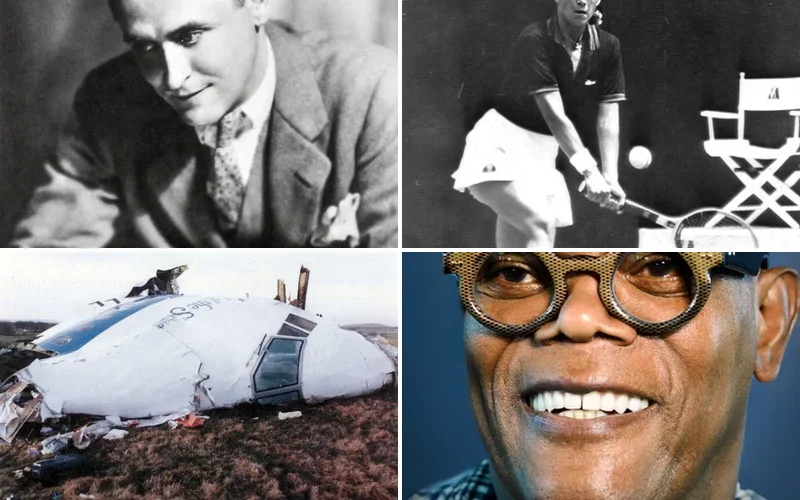
Politics and Government Events on December 21
1919 – American Anarchist Emma Goldman Deported to Russia
The United States government expelled prominent anarchist Emma Goldman from American soil on this date. Immigration authorities forcibly removed her aboard the transport ship Buford bound for Soviet Russia.
Goldman’s deportation marked the climax of the Red Scare period following World War I. Her removal demonstrated the government’s determination to suppress radical political movements through exile.
1965 – International Convention on Elimination of Racial Discrimination Adopted
The United Nations General Assembly formally adopted the International Convention on the Elimination of All Forms of Racial Discrimination. This landmark treaty established comprehensive legal frameworks for combating racial discrimination worldwide.
The convention created binding obligations for signatory nations to prohibit racial discrimination in all forms. Its adoption represented a crucial milestone in the global civil rights movement.
1991 – Soviet Union Dissolved Through Alma-Ata Protocol
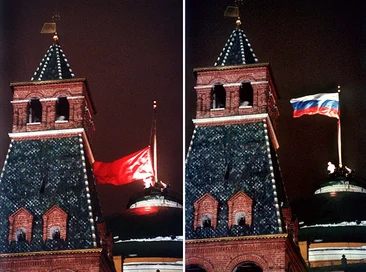
Leaders of eleven Soviet republics signed the Alma-Ata Protocol, formally establishing the Commonwealth of Independent States. This historic agreement effectively dissolved the Soviet Union after seven decades of communist rule.
The protocol transferred power from Moscow to the newly independent republics. This peaceful transition marked one of the most significant geopolitical changes of the twentieth century.
2023 – Mass Shooting at Charles University in Prague
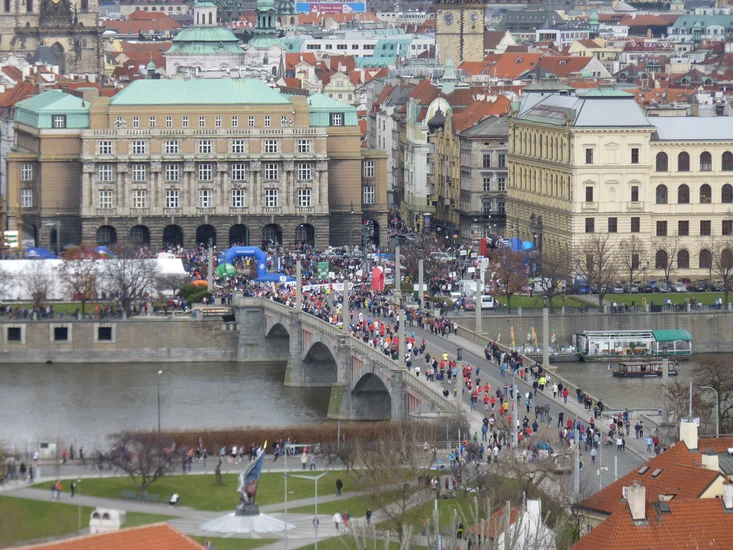
A devastating mass shooting at Charles University in Prague claimed fourteen lives and injured twenty-five others. The perpetrator, a university student, killed himself after police arrived at the scene.
The gunman had also murdered his father before the university attack. This tragedy marked one of the deadliest mass shootings in Czech Republic history.
Military and Naval History on December 21
1907 – Chilean Army Massacres Striking Miners in Iquique
The Chilean Army brutally suppressed a saltpeter miners’ strike in Iquique, killing at least 2,000 workers. Government forces opened fire on peaceful protesters demanding better working conditions and wages.
The massacre became known as the Santa María School Massacre, named after the building where workers had gathered. This violent suppression highlighted the brutal lengths governments would take to protect industrial interests.
1941 – Thailand and Japan Sign Military Alliance Pact
Thailand formally allied with Imperial Japan through a comprehensive military pact during World War II. The agreement granted Japanese forces strategic access to Thai territory for operations against British Burma.
This alliance positioned Thailand as Japan’s key Southeast Asian partner in the Pacific War. The pact fundamentally altered the regional balance of power in favor of the Axis forces.
1988 – Pan Am Flight 103 Bombed Over Lockerbie
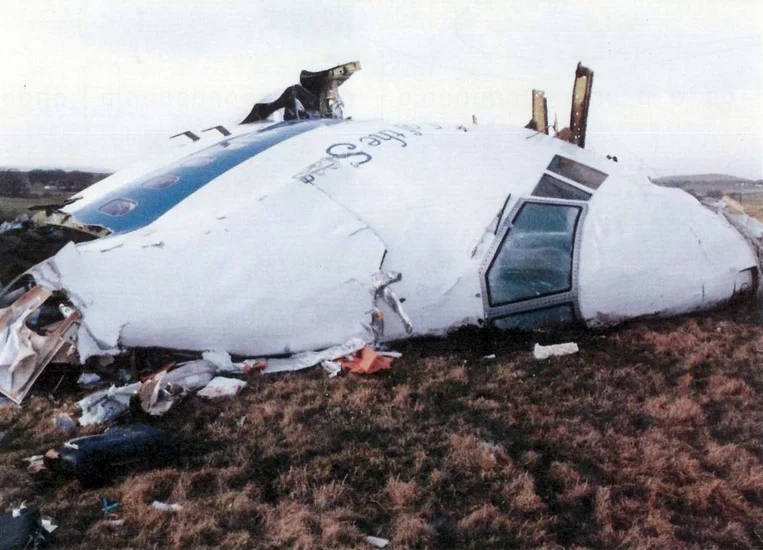
A terrorist bomb destroyed Pan Am Flight 103 over Lockerbie, Scotland, killing all 270 people aboard and on the ground. The Boeing 747 exploded at 31,000 feet, scattering debris across the Scottish countryside.
This attack represented the deadliest terrorist incident on British soil. The bombing’s investigation became one of the most extensive international criminal inquiries in aviation history.
2004 – Suicide Bomber Attacks US Base in Mosul
A suicide bomber infiltrated the forward operating base at Mosul’s main American airfield, killing 22 people. The attack represented the single deadliest suicide bombing against American forces in Iraq.
The bomber detonated explosives in a crowded dining facility during the lunch hour. This assault demonstrated the insurgency’s ability to penetrate heavily fortified military installations.
Science and Discovery Milestones on December 21
1968 – Apollo 8 Launched Toward the Moon
NASA launched Apollo 8 from Kennedy Space Center, sending the first human crew on a trajectory to another celestial body. The mission carried Frank Borman, James Lovell, and William Anders on humanity’s first lunar voyage.
The spacecraft would orbit the Moon ten times before returning to Earth. This historic flight paved the way for the eventual Moon landing seven months later.
1946 – Devastating Earthquake and Tsunami Strike Japan
An 8.1 magnitude earthquake struck the Nankaidō region of Japan, generating a devastating tsunami. The disaster killed over 1,300 people and destroyed more than 38,000 homes across the affected areas.
The earthquake’s massive energy release created tsunami waves reaching heights of several meters. This natural disaster provided crucial data for understanding seismic activity along Japan’s tectonic boundaries.
2020 – Great Conjunction of Jupiter and Saturn
Jupiter and Saturn achieved their closest apparent conjunction in nearly 400 years, separated by only 0.1 degrees in the sky. Astronomers and stargazers worldwide observed this rare celestial alignment.
The conjunction created the appearance of a single bright star to naked-eye observers. This astronomical event hadn’t been visible since 1623, making it a once-in-a-lifetime observation opportunity.
1967 – First Heart Transplant Patient Dies
Louis Washkansky, the world’s first human-to-human heart transplant recipient, died in Cape Town after surviving 18 days. Dr. Christiaan Barnard had performed the groundbreaking surgery on December 3rd.
Washkansky’s death resulted from pneumonia rather than organ rejection. His brief survival demonstrated the procedure’s technical feasibility while highlighting the challenges of post-operative care.
Cultural and Arts Events on December 21
1937 – Snow White and the Seven Dwarfs Premieres
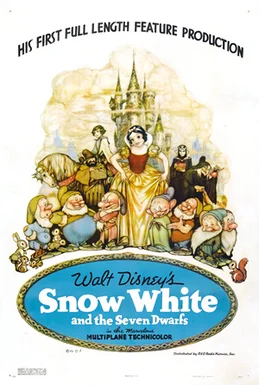
Walt Disney’s Snow White and the Seven Dwarfs premiered at the Carthay Circle Theatre as the world’s first full-length animated feature film. The groundbreaking production required four years of development and 200 artists.
The film’s success established animation as a legitimate medium for feature-length entertainment. Disney’s technical innovations in multiplane camera work and character animation revolutionized the industry.
1934 – Lieutenant Kijé Suite Premieres
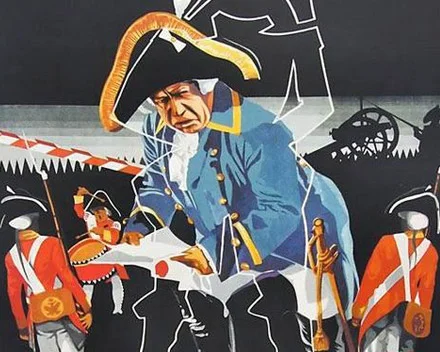
Sergei Prokofiev’s Lieutenant Kijé, one of his most celebrated compositions, premiered to widespread acclaim. The suite originated from Prokofiev’s score for the satirical film about a fictional Russian officer.
The work’s five movements captured the absurdist humor of the original story. Prokofiev’s masterful orchestration and memorable melodies established Lieutenant Kijé as a concert hall favorite.
1913 – First Crossword Puzzle Published
Arthur Wynne published the first crossword puzzle, called a “word-cross,” in the New York World newspaper. The diamond-shaped puzzle featured simple clues and a basic grid structure.
Wynne’s creation sparked a global phenomenon that would captivate puzzle enthusiasts for generations. The crossword’s popularity led to its adoption by newspapers worldwide within a decade.
Religious and Social Events on December 21
1963 – “Bloody Christmas” Begins in Cyprus
Intercommunal violence erupted in Cyprus, beginning a period known as “Bloody Christmas” that displaced 25,000-30,000 Turkish Cypriots. The violence destroyed more than 100 villages across the island.
Greek Cypriot forces attacked Turkish Cypriot communities in coordinated assaults. These events severely damaged relationships between the two communities and contributed to the island’s eventual partition.
1995 – Bethlehem Transferred to Palestinian Control
The city of Bethlehem passed from Israeli to Palestinian control under the Oslo Accords framework. Palestinian Authority officials formally assumed administrative responsibility for the biblical city.
The transfer marked a significant milestone in the Israeli-Palestinian peace process. Bethlehem’s symbolic importance as Christianity’s birthplace gave the handover special religious significance.
2012 – Mayan Calendar Cycle Completion Celebrated
Communities throughout Mesoamerica celebrated the completion of b’ak’tun 13 in the Mayan Long Count Calendar. The roughly 5,126-year cycle’s conclusion had inspired various apocalyptic predictions worldwide.
New Age spiritualists had promoted theories about cataclysmic events coinciding with the calendar’s reset. The peaceful transition demonstrated the mathematical precision of ancient Mayan astronomical knowledge.
Business and Economic Events on December 21
1923 – United Kingdom and Nepal Sign Friendship Treaty
Britain and Nepal formalized diplomatic relations through the Nepal-Britain Treaty of 1923, replacing the earlier Treaty of Sugauli. The new agreement recognized Nepal’s sovereignty while maintaining British influence.
The treaty established Nepal as an independent nation in international law. This diplomatic breakthrough secured Nepal’s status as the only South Asian nation never fully colonized by European powers.
1979 – Lancaster House Agreement Signed for Rhodesian Independence
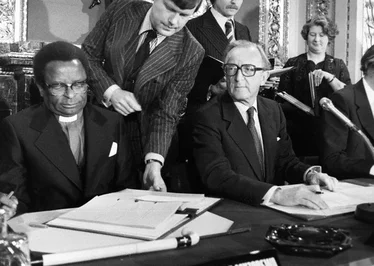
British Foreign Secretary Lord Carrington oversaw the signing of the Lancaster House Agreement, establishing the framework for Rhodesian independence. Key African leaders including Robert Mugabe and Joshua Nkomo participated.
The agreement ended fifteen years of international sanctions against Rhodesia. This diplomatic breakthrough paved the way for Zimbabwe’s emergence as an independent African nation.
1973 – Geneva Conference on Arab-Israeli Conflict Opens
The Geneva Conference convened to address the ongoing Arab-Israeli conflict following the Yom Kippur War. International mediators sought comprehensive peace agreements between Israel and its Arab neighbors.
The conference represented the first major multilateral diplomatic effort to resolve Middle Eastern tensions. Though ultimately unsuccessful, it established frameworks for future peace negotiations.
Transportation and Infrastructure on December 21
1936 – Junkers Ju 88 Makes First Flight
The Junkers Ju 88 multi-role combat aircraft completed its maiden flight, beginning development of one of World War II’s most versatile warplanes. The aircraft’s innovative design allowed adaptation for bombing, fighting, and reconnaissance missions.
The Ju 88’s speed and maneuverability exceeded expectations during initial testing. German aircraft manufacturers would produce over 15,000 variants throughout the war.
1970 – F-14 Tomcat Completes First Flight
The Grumman F-14 Tomcat multi-role fighter aircraft achieved its first successful flight test. The revolutionary aircraft featured variable-sweep wings and advanced radar systems for long-range interception.
The F-14’s design prioritized air superiority and fleet defense capabilities. This aircraft would become the U.S. Navy’s primary fighter for over three decades.
1988 – Antonov An-225 Mriya Takes Flight
The Antonov An-225 Mriya, the world’s largest aircraft, completed its maiden flight in the Soviet Union. The massive cargo plane was designed to transport the Soviet space shuttle Buran.
The An-225’s six engines and 290-foot wingspan established new records for aircraft size. Only one complete aircraft was ever built, making it unique in aviation history.
1910 – Coal Mine Explosion Kills 344 Miners
An underground explosion at the Hulton Bank Colliery No. 3 Pit in England killed 344 miners in one of Britain’s worst mining disasters. The blast occurred during the morning shift change, maximizing casualties.
Rescue efforts continued for days as teams searched for survivors in the devastated mine. The tragedy highlighted the dangerous working conditions facing coal miners during the industrial era.
Sports and Recreation on December 21
1992 – Martinair Flight 495 Crashes at Faro Airport
A Dutch DC-10 operating as Martinair Flight 495 crashed during landing at Faro Airport in Portugal, killing 56 passengers and crew. The aircraft encountered severe weather conditions during its final approach.
The crash investigation revealed multiple contributing factors including wind shear and crew error. This tragedy led to improved weather detection systems at Portuguese airports.
1999 – Spanish Police Intercept ETA Bomb Plot
Spanish Civil Guard officers intercepted a van containing 950 kilograms of explosives intended for an ETA terrorist attack on Madrid’s Torre Picasso. The massive bomb would have caused unprecedented destruction.
The successful intervention prevented what could have been Spain’s deadliest terrorist attack. Intelligence work and coordinated police efforts dismantled the entire terrorist cell.
1999 – Cubana Flight 1216 Crashes in Guatemala

Cubana de Aviación Flight 1216 overshot the runway at La Aurora International Airport in Guatemala City, killing 18 people. The aircraft failed to stop during landing, crashing into obstacles beyond the runway.
Poor weather conditions and mechanical problems contributed to the accident. The crash prompted improvements in runway safety systems at Central American airports.
Notable Births on December 21
1940 – Frank Zappa, American Musical Innovator

Frank Zappa entered the world in Baltimore, Maryland, destined to become one of America’s most unconventional musical artists. His childhood exposure to diverse musical styles shaped his eclectic compositional approach.
Zappa would revolutionize popular music through his experimental compositions and satirical lyrics. His prolific output included over 60 albums spanning rock, jazz, classical, and electronic genres.
1942 – Hu Jintao, Chinese Political Leader
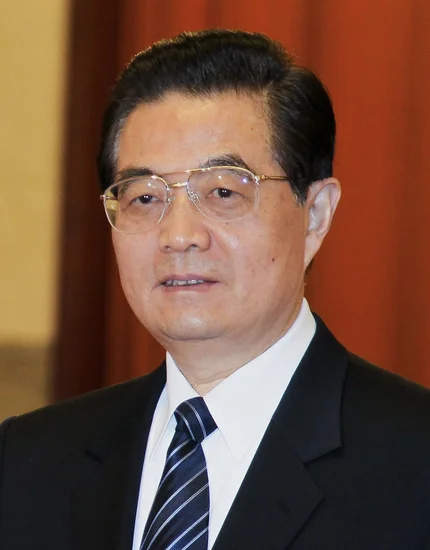
Hu Jintao was born in Jiangyan, China, beginning a journey that would lead to the pinnacle of Chinese political power. His engineering education provided analytical skills that served him throughout his career.
Hu would serve as China’s paramount leader from 2002 to 2012, overseeing rapid economic growth. His leadership guided China’s emergence as a global economic superpower.
1948 – Samuel L. Jackson, American Actor

Samuel L. Jackson was born in Washington, D.C., launching a career that would make him one of Hollywood’s most recognizable actors. His distinctive voice and commanding presence defined countless memorable characters.
Jackson would appear in over 150 films, including major franchises like Star Wars and Marvel. His versatility across genres established him as one of cinema’s most bankable stars.
1954 – Chris Evert, American Tennis Champion

Chris Evert was born in Fort Lauderdale, Florida, beginning a tennis career that would redefine women’s professional sports. Her precise baseline play and mental toughness dominated the sport for two decades.
Evert would win 18 Grand Slam singles titles and spend 260 weeks ranked world number one. Her rivalry with Martina Navratilova captivated tennis fans globally.
1977 – Emmanuel Macron, French President

Emmanuel Macron was born in Amiens, France, starting a remarkable political ascent that would make him France’s youngest president. His academic excellence and banking career prepared him for political leadership.
Macron would revolutionize French politics by creating a centrist movement that swept traditional parties aside. His election at age 39 demonstrated the power of political innovation.
1932 – Jane Fonda, American Actress and Activist

Jane Fonda was born in New York City, beginning a career that would span acting, activism, and fitness instruction. Her father Henry Fonda’s influence introduced her to the entertainment industry.
Fonda would win two Academy Awards while maintaining prominent political activism. Her controversial opposition to the Vietnam War made her a polarizing but influential public figure.
1959 – Florence Griffith Joyner, American Sprint Legend

Florence Griffith Joyner was born in Los Angeles, California, destined to become the fastest woman in history. Her athletic talent emerged early through participation in youth track programs.
Griffith Joyner would set world records in the 100 and 200 meters that still stand today. Her flamboyant style and incredible speed made her a global sports icon.
1917 – Heinrich Böll, German Nobel Prize Winner

Heinrich Böll was born in Cologne, Germany, beginning a literary career that would earn him the Nobel Prize in Literature. His experiences during World War II profoundly influenced his writing.
Böll’s novels explored themes of war, morality, and German society’s reconstruction. His honest portrayal of German guilt and redemption resonated with postwar readers worldwide.
1980 – Kiefer Sutherland, British-Canadian Actor

Kiefer Sutherland was born in London, England, inheriting theatrical talent from his father Donald Sutherland. His early film roles established him as a versatile character actor.
Sutherland would achieve global fame through his portrayal of Jack Bauer in the television series “24.” His intense performances made him synonymous with action-thriller entertainment.
1969 – Julie Delpy, French Actress and Director

Julie Delpy was born in Paris, France, beginning a career that would span acting, directing, and screenwriting. Her early work with European auteur directors established her artistic credentials.
Delpy would gain international recognition through Richard Linklater’s “Before” trilogy. Her naturalistic performances and writing contributions elevated romantic cinema to new artistic heights.
Notable Deaths on December 21
1940 – F. Scott Fitzgerald, American Literary Giant

F. Scott Fitzgerald died in Hollywood, California, at age 44, ending a career that defined American literature’s Jazz Age. His novel “The Great Gatsby” captured the era’s excess and disillusionment.
Fitzgerald’s work explored themes of wealth, love, and the American Dream’s corruption. His tragic personal life mirrored the characters he created in his fiction.
1945 – George S. Patton, American Military Commander
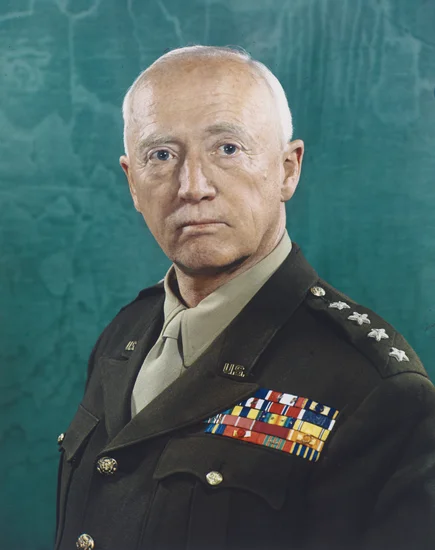
General George S. Patton died from injuries sustained in a car accident in Germany, concluding one of World War II’s most controversial military careers. His aggressive tactics and outspoken personality made him a polarizing figure.
Patton’s Third Army achievements in Europe demonstrated his tactical brilliance. His death shortly after victory denied him the opportunity to participate in postwar military planning.
1988 – Nikolaas Tinbergen, Dutch Nobel Prize Winner
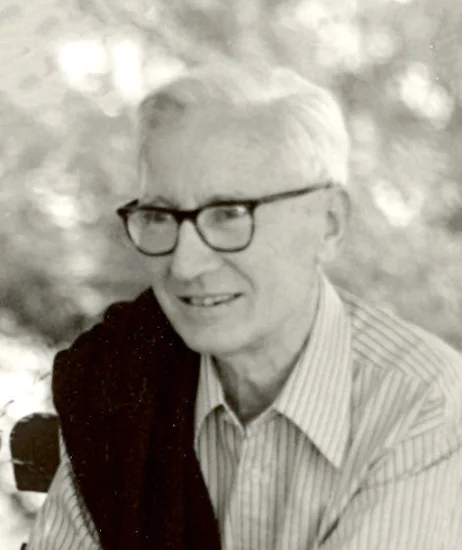
Nikolaas Tinbergen died in Oxford, England, after revolutionizing the field of animal behavior studies. His systematic approach to ethology earned him the Nobel Prize in Physiology or Medicine.
Tinbergen’s research methods established scientific frameworks for understanding animal behavior. His work on instinct and learning influenced generations of behavioral scientists.
1992 – Albert King, American Blues Legend
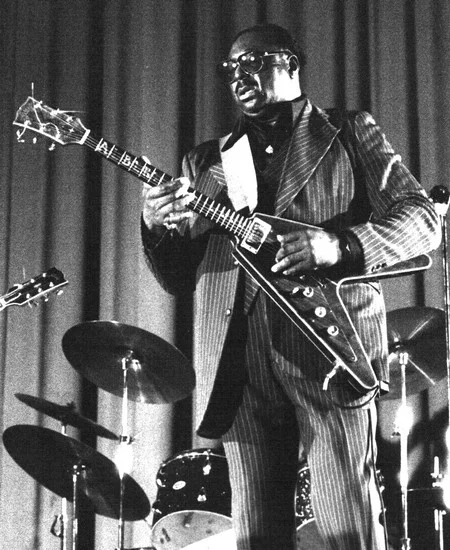
Albert King died in Memphis, Tennessee, after a career that influenced countless blues and rock musicians. His distinctive left-handed guitar style and powerful vocals defined modern blues music.
King’s emotional intensity and technical skill inspired artists like Stevie Ray Vaughan and Eric Clapton. His legacy continued to influence blues music long after his death.
2006 – Saparmurat Niyazov, Turkmen Dictator
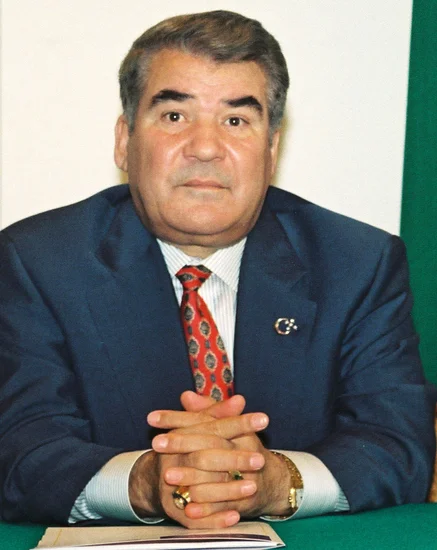
Saparmurat Niyazov died in Ashgabat, Turkmenistan, ending one of the world’s most eccentric dictatorships. His personality cult and bizarre decrees made him internationally notorious.
Niyazov’s authoritarian rule isolated Turkmenistan from the international community. His death created opportunities for political reform in the Central Asian nation.
2013 – Edgar Bronfman Sr., Canadian-American Business Leader
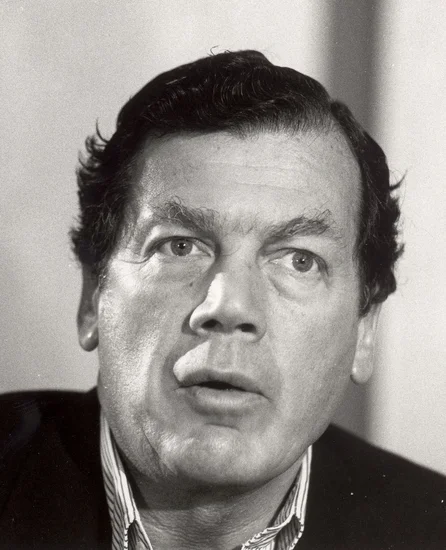
Edgar Bronfman Sr. died in New York City, concluding a career that transformed the Seagram Company into a global empire. His business acumen expanded the family’s whiskey business into entertainment and media.
Bronfman’s philanthropic work supported Jewish causes and Holocaust remembrance. His leadership of the World Jewish Congress gave him international political influence.
2014 – Udo Jürgens, Austrian Entertainment Icon

Udo Jürgens died in Münsterlingen, Switzerland, after a career that made him one of German-speaking Europe’s most beloved entertainers. His Eurovision Song Contest victory in 1966 launched his international career.
Jürgens composed over 1,000 songs and sold more than 100 million records worldwide. His musical versatility and charismatic performances entertained audiences for five decades.
Holidays and Observances on December 21
Armed Forces Day in the Philippines
The Philippines commemorates Armed Forces Day to honor the nation’s military service members and their sacrifices. The observance recognizes the Philippine military’s role in defending national sovereignty and supporting peacekeeping operations.
Military parades and ceremonies across the country demonstrate public support for the armed forces. Veterans and active-duty personnel receive recognition for their service to the nation.
Christian Feast Day of Thomas the Apostle

Christians worldwide observe the feast day of Thomas the Apostle, known as “Doubting Thomas” for questioning Jesus Christ’s resurrection. The apostle’s eventual faith transformation makes him a symbol of overcoming doubt.
Thomas’s missionary work in India established early Christian communities in South Asia. His martyrdom in India made him a patron saint of architects and India itself.
São Tomé Day in São Tomé and Príncipe
São Tomé and Príncipe celebrates São Tomé Day, honoring the nation’s patron saint and largest island. The observance combines religious devotion with national pride in the island nation’s unique culture.
Traditional festivals and religious ceremonies mark the celebration across both islands. The holiday reinforces São Tomé and Príncipe’s Portuguese colonial heritage and Catholic identity.
